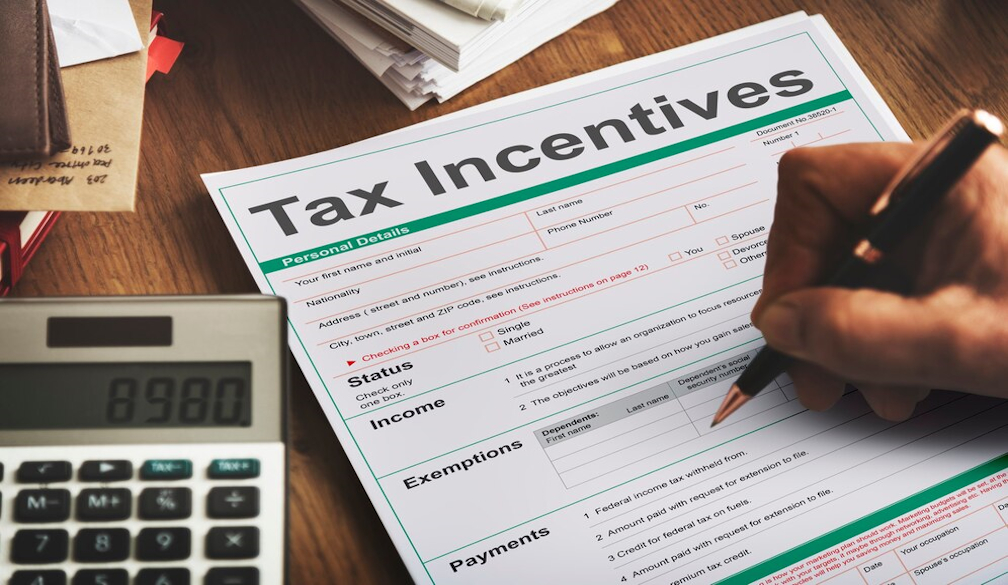Choosing the Right Tax Advisor: Tips for Finding Reliable Tax Advice

Navigating the complex world of taxes can be daunting for individuals and businesses alike. Finding the right tax advisor is crucial to ensure that you receive accurate and reliable tax advice, minimise your tax liabilities, and stay compliant with tax laws. Here are some essential tips to help you choose the right tax advisor.
1. Identify Your Needs
Before you start searching for a tax advisor, it’s important to identify your specific needs. Are you an individual looking for help with your personal tax return? Or are you a business owner seeking comprehensive tax planning and compliance services? Understanding your needs will help you find an advisor with the right expertise and experience.
2. Check Qualifications and Credentials
Ensure that the tax advisor you choose is qualified and holds the necessary credentials. Look for certifications such as Certified Public Accountant (CPA), Enrolled Agent (EA), or tax attorney. These credentials indicate that the advisor has undergone rigorous training and adheres to professional standards. Additionally, membership in professional organisations such as the National Association of Tax Professionals (NATP) or the American Institute of Certified Public Accountants (AICPA) can be a good sign of credibility.
3. Experience Matters
Experience is a critical factor when choosing a tax advisor. An advisor with several years of experience is more likely to have encountered a wide range of tax situations and can provide reliable tax advice. Ask about their experience in handling tax issues similar to yours. For example, if you are a small business owner, you’ll want an advisor who has extensive experience in small business tax matters.
4. Seek Recommendations
Word-of-mouth recommendations can be invaluable when looking for a trustworthy tax advisor. Ask friends, family, colleagues, or other business owners for referrals. Personal recommendations can give you insights into the advisor’s reliability, professionalism, and the quality of their tax advice. Additionally, online reviews and testimonials can provide further information about potential advisors.
5. Verify Their Track Record
It’s important to verify the track record of any tax advisor you are considering. Check for any disciplinary actions or complaints filed against them with professional organisations or regulatory bodies. A clean track record indicates that the advisor maintains high ethical standards and provides reliable tax advice.
6. Assess Communication Skills
Effective communication is key to a successful relationship with your tax advisor. During your initial consultation, pay attention to how well the advisor listens to your concerns and explains tax concepts. They should be able to communicate complex tax issues in a way that is easy to understand. Good communication skills are essential for ensuring that you receive clear and actionable tax advice.
7. Evaluate Their Approach to Tax Planning
A good tax advisor should be proactive in their approach to tax planning. Instead of merely preparing your tax return, they should help you develop strategies to minimise your tax liabilities and take advantage of available tax deductions and credits. Ask potential advisors about their approach to tax planning and how they stay updated with the latest tax laws and regulations.
8. Consider Fees and Billing Practices
Understanding the fee structure of your tax advisor is crucial to avoid any surprises later on. Some advisors charge a flat fee for specific services, while others may charge hourly rates. Make sure to ask about their billing practices and get a clear estimate of the costs involved. While it’s important to consider cost, remember that the cheapest option is not always the best. The value of reliable tax advice often outweighs the cost.
9. Availability and Responsiveness
Tax issues can arise at any time, so it’s important to choose an advisor who is available and responsive when you need them. Inquire about their availability during tax season and how quickly they respond to emails or phone calls. An advisor who is readily available can provide timely tax advice and address any urgent tax matters that may arise.
10. Personal Fit
Finally, consider whether the tax advisor is a good fit for you personally. A positive working relationship is built on trust and mutual respect. Choose an advisor who you feel comfortable with and who understands your financial goals and concerns. A good personal fit will make it easier to collaborate and ensure that you receive the best possible tax advice.
Conclusion:
In conclusion, choosing the right tax advisor requires careful consideration of their qualifications, experience, communication skills, and approach to tax planning. By following these tips, you can find a reliable tax advisor who can provide the tax advice you need to achieve your financial goals and stay compliant with tax laws.













